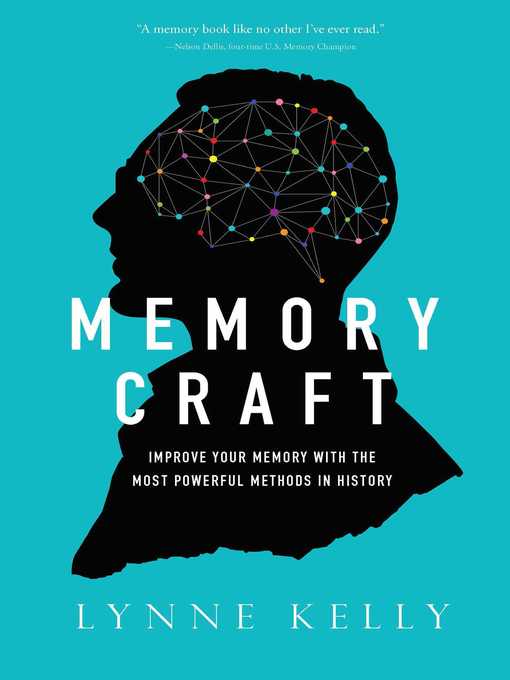
Memory Craft
Improve Your Memory with the Most Powerful Methods in History
کتاب های مرتبط
- اطلاعات
- نقد و بررسی
- دیدگاه کاربران
نقد و بررسی

October 15, 2019
An Australian "memory champion" offers some tricks of the trade. The human brain processes huge amounts of sensory data every day, only some of which gets lodged in it for future access. This can be a problem when trying to remember, say, the name of a person--for which reason cultures from around the world have developed memory-training regimens. "A highly trained memory was greatly admired in the classical Greco-Roman era," writes Kelly (The Memory Code: The Secrets of Stonehenge, Easter Island and Other Ancient Monuments, 2017). "Not only was it useful in politics and speech making, it was also a terrific way to show off." So it was that the Roman philosopher Seneca lined up 100 students, had each recite a line of poetry, and then repeated the lines in order--and then backward. Kelly examines the techniques employed to perform such prodigious feats, among them the "memory palace," a mental construct made up of rooms, pieces of furniture, and such that are then populated with facts and figures. The author writes that she has more than 1,000 such locations--and other memory experts have many more. Among the other techniques that she discusses are "visual alphabets in the shapes of animals and humans," narrative scrolls that develop character-rich stories to aid memory, ingenious mnemonic devices, memorizing long sequences of numbers by means of attaching sounds to them, and perhaps the most useful brain-as-muscle exercise by which one should review a piece of information five times over three months in order to move it into long-term memory. Kelly's book takes a gee-whiz approach to a scholarly body of literature that includes Frances Yates' classic books on Renaissance memory studies and recent works of neuroscience such as Daniel Levitin's The Organized Mind, but the narrative covers the ground well and entertains as it travels. Of benefit to anyone seeking to remember a scrap of information for more than a couple of minutes.
COPYRIGHT(2019) Kirkus Reviews, ALL RIGHTS RESERVED.

December 1, 2019
Back before we had the Cloud, or sticky notes, or written language to help us keep track of things, humans used the only tool they had: memorization. Oral histories from indigenous cultures can reflect hundreds of years of ancestral genealogy; medieval scholars routinely memorized the names of thousands of plants, animals, and insects. Kelly (The Memory Code, 2016) maintains that we too can train ourselves to remember vast quantities of information by learning various cognitive methods, such as visual alphabets, bestiaries, virtual palaces, and over 30 other such systems. Brief, engaging, and detailed chapters describe the processes and their histories and provide helpful guidance; useful appendices chart methods according to suggested applications and share some of the author's personal memory guides. Whether training to compete in official memory marathons (the author was crowned the 2017 and 2018 Senior Memory Champion in her native Australia) or just trying to do a better job of remembering where they left their cell phones, readers will find this to be an accessible and entertaining account.(Reprinted with permission of Booklist, copyright 2019, American Library Association.)

























دیدگاه کاربران